The simple answer, everyone! From babies developing in utero and on, omega-3 plays an important role in our body. Omega-3 fatty acids are anti-inflammatory, they benefit cardiovascular health, brain health (and cognitive development in utero), arthritis and so much more.
Most of the population has a diet that lacks a sufficient amount of omega-3 in it. The body does not make omega-3 itself, rather it relies on an outside source. While there are many supplements out there, getting vitamins and minerals from a food source is preferable to a supplement when possible. There are situations where supplements are necessary due to allergies, but we always recommend consulting your doctor before starting a new supplement to avoid any possible interaction with medication you may be on!
To get technical, the three fatty acids in omega-3’s are ALA, DHA, and EPA. You may be familiar with these already due to the fact that they are often times on the labels of egg and milk cartons. DHA and EPA are the big ones that we want to consume. DHA by itself is largely beneficial for brain health, fetal, infant & child development, eye health and more. EPA is beneficial for heart and immune health. These two fatty acids are found in many types of fish. In fact, the American Heart Association recommends 2 non-fried servings of fish per week. A few examples of fish high in omega-3 are salmon, mackerel, and anchovies. Many of us get enough ALA in our diet from nuts, seeds, and oils, but unfortunately ALA needs to then be converted into DHA and EPA and our body isn’t as efficient at it. However, nuts and seeds are beneficial for many other reasons, so keep eating them! For more information click here.
We’ve included a link from the American Heart Association here that includes their recommendations on servings as well as how to avoid fish high in mercury (which is especially important for children and pregnant women).


